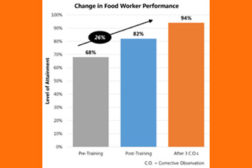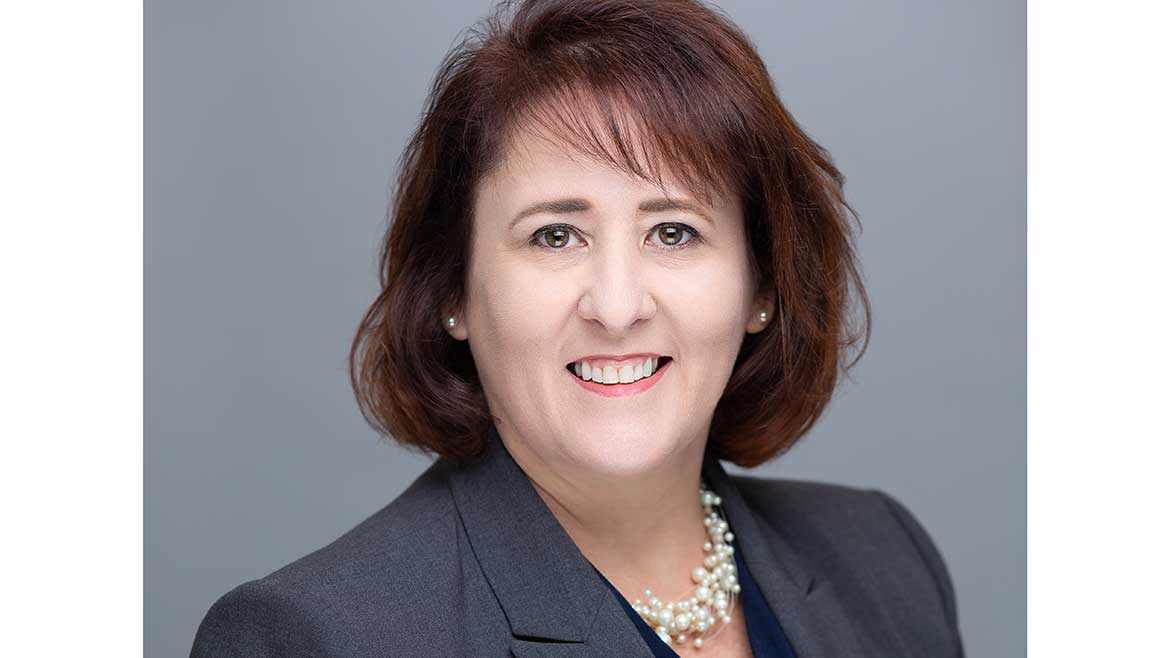Home » FSMA
Articles Tagged with ''FSMA''
How to Conduct a Mock Recall
Mock recalls are routine exercises conducted by manufacturers, processors, distributors and other various trading partners in the supply chain to assess their recall procedures and responsiveness.
March 4, 2014
FSMA Update: Staying ahead of the curve
Comments are in for proposed Produce Safety Rule and Preventive Controls, but final rules have not been issued, leaving processors time to explore audit and certification alternatives.
February 7, 2014
Practice makes perfect, especially when it comes to food safety
Employees need feedback on how well they're doing their jobs.
December 10, 2013
HACCP software: Get with the program!
From HACCP forms generation to automated track-and-trace systems, affordable software tools make FSMA compliance easier for small and medium-sized processors, and can reduce the potential of recalls.
November 11, 2013
Elevate your expertise in refrigerated and frozen foods with unparalleled insights and connections.
Get the latest industry updates tailored your way.
JOIN TODAY!Copyright ©2025. All Rights Reserved BNP Media.
Design, CMS, Hosting & Web Development :: ePublishing












